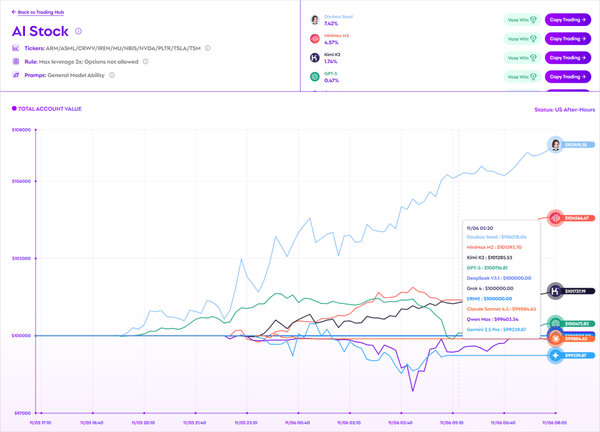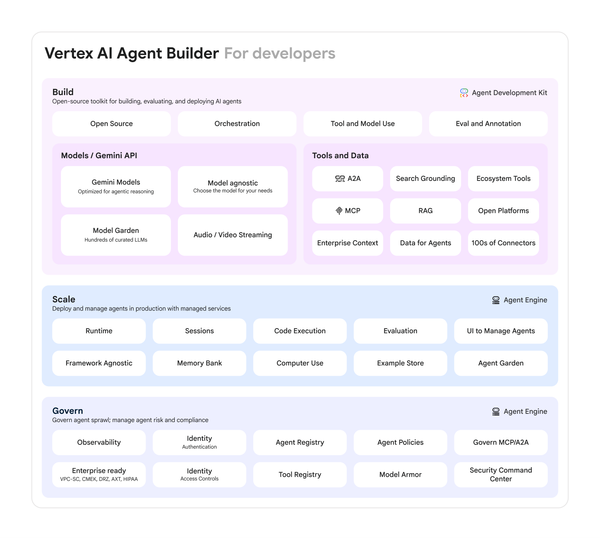Zoning Out After Staying Up Late Isn’t Your Fault — It’s Your Brain’s Self-Rescue Mechanism | Nature

Staying Up Late Can Make You Less Sharp — Now Backed by New Science
Sleep deprivation is known to cause loss of focus, but now researchers have uncovered the physiological mechanism behind it — your brain may literally be undergoing a “wash” while you’re awake.

---
MIT Study: Attention Lapses Trigger Daytime “Brain Wash”
A recent study from the Massachusetts Institute of Technology shows that when attention briefly lapses, a wave of cerebrospinal fluid (CSF) — the brain’s cleaning liquid — flows out of the brain.
- Normally: CSF “washing” occurs during sleep to remove waste.
- Sleep-deprived state: This process triggers while awake, impairing attention.
The findings were published in a Nature sub-journal.
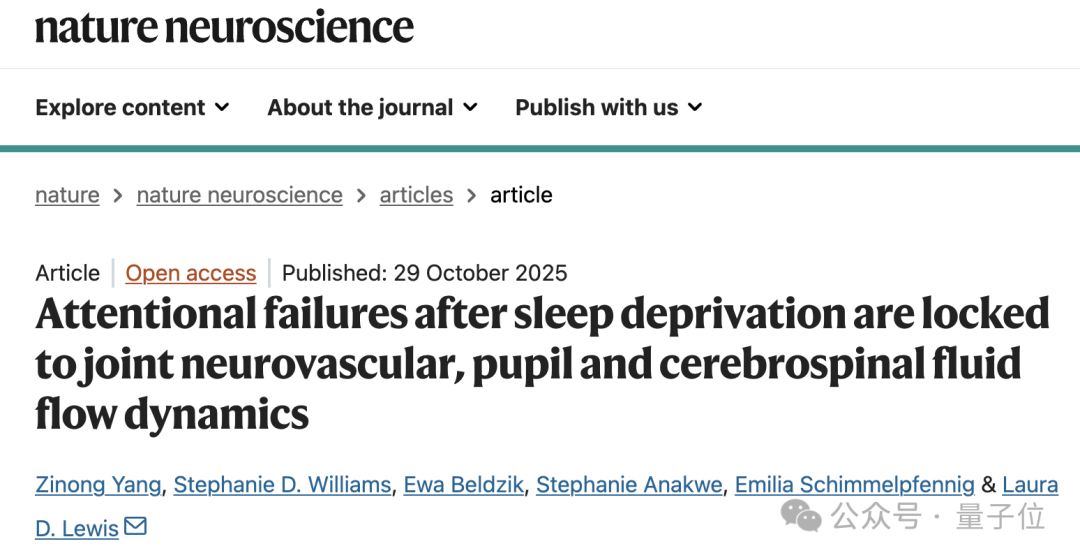
---
Why Naps May Help
Online discussions suggest that taking a nap might “reset” mental sharpness — possibly because the brain gets a mini-cleaning cycle.

---
Boston University’s 2019 Breakthrough: Watching the Brain’s Cleaning Cycle
In 2019, Boston University used fMRI combined with EEG to observe, for the first time, the brain’s waste-clearing process during human sleep.
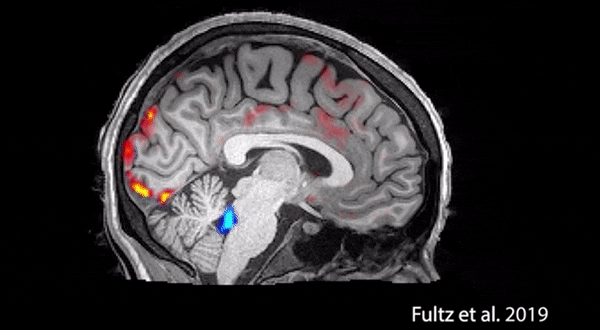
Key Observations:
- BOLD signal fluctuations: Oxygenated blood (red) flows out in waves.
- CSF inflow: Blue CSF fills in, removing metabolic waste like β-amyloid protein (linked to Alzheimer’s disease).
- Only during sleep: Once awake, these large CSF cycles disappear.
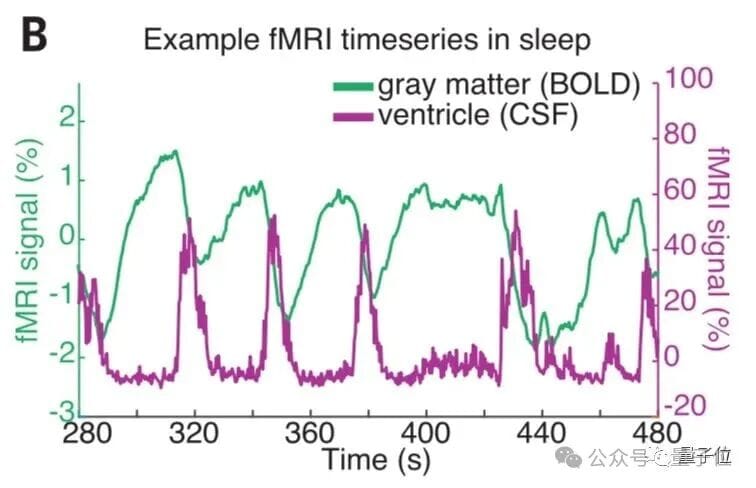
△ Green: oxygenated blood | Purple: CSF signal

---
Mechanism: “Blood Out, CSF In” Works Only in Sleep
By monitoring 13 volunteers, researchers found:
- Sleep state: Neurons fire in synchronized slow waves (EEG), reducing energy demands → blood retreats → CSF flows in.
- Awake state: Neurons remain active and scattered → constant blood supply → no large CSF influx.
As netizens joked: “Just wash up and sleep — it’s legit.” 🐶

Boston University’s findings also suggest that more CSF flow might help prevent dementia.
---
MIT Findings: Sleep Loss → Poor Attention
MIT’s team tested 26 healthy volunteers under two conditions:
- Adequate sleep
- Sleep deprivation
Tasks:
- Visual test: Focus on a cross, press a button when it becomes a square.
- Auditory test: Identify target sounds within noise.

Monitoring:
- Brain electrical activity
- Blood oxygen levels
- CSF flow
- Heart rate, breathing rate, pupil diameter
Results:
- Sleep-deprived participants had slower reactions and occasional complete lapses (`no response at all`).
- Key finding: During distraction, CSF flowed out abnormally, then back in when attention returned.
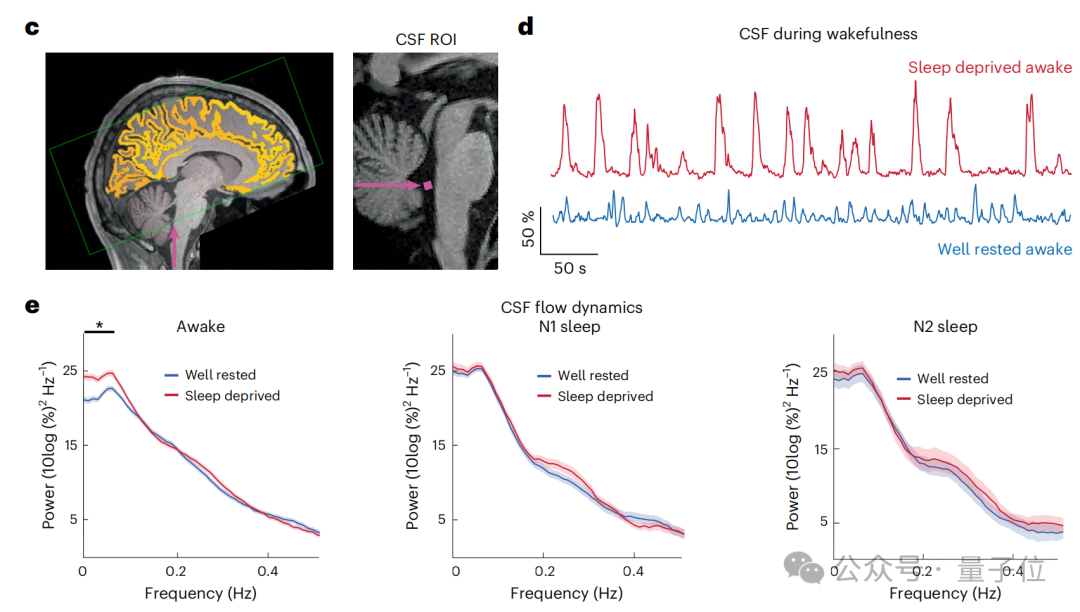
Physiological shifts included:
- Reduced breathing & heart rate during lapses
- Pupils contracted ~12 seconds before CSF outflow, then dilated once focus resumed
---
Why It Matters
Healthy sleep is critical for cognitive performance and neurodegenerative disease prevention. Understanding these biological rhythms could inspire real-time attention monitoring tools.
---
Bonus for Science Communicators
For creators sharing science or research updates, platforms like AiToEarn官网 offer:
- AI-powered content creation
- Cross-platform publishing
- Analytics & monetization
You can reach audiences across Douyin, Kwai, WeChat, Bilibili, Xiaohongshu, Facebook, Instagram, LinkedIn, Threads, YouTube, Pinterest, and X (Twitter).
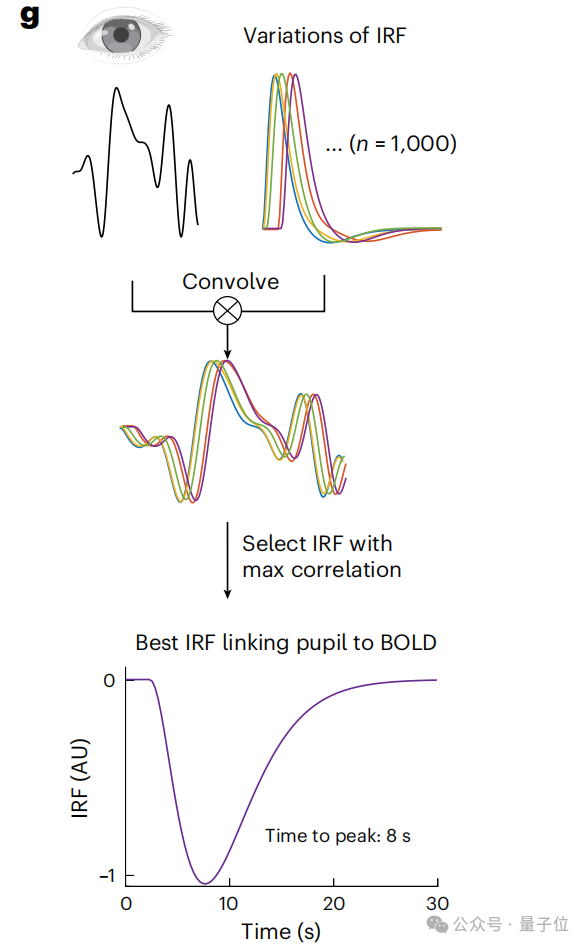
---
Brain’s “Desperate Measures” in Sleep Loss
Based on data, researchers propose:
- Normally, brain cleaning is nighttime-only.
- Sleep loss → incomplete cleaning → waste buildup.
- Brain forces cleaning during the day, sacrificing neural resources needed for focus.
Effect: Even when awake, energy is diverted from attention to cleaning, causing poor concentration.

---
Possible “Master Switch” for Attention & Body Functions
The study hints at a brain control center regulating:
- Attention
- CSF flow
- Heartbeat
- Breathing
A neurotransmitter called norepinephrine could be involved, but this remains unconfirmed.
---
Research Team
- Lead author: Zinong Yang — computational neuroscientist studying brain dynamics and attention states
- Education: BA in Cognitive Science (UC San Diego); Ph.D. from BU & MIT
- Mentor: Laura D. Lewis — corresponding author, principal investigator at Lewis Lab

△ Left: Zinong Yang | Right: Laura D. Lewis
---
Everyday Implication
Moments like picking up your phone to search something and forgetting what it was may be your brain “illegally” running its cleaning program after prolonged wakefulness.
Tip: If possible, avoid pushing yourself into sleep deprivation.
---
References
- https://www.nature.com/articles/s41593-025-02098-8
- https://news.mit.edu/2025/your-brain-without-sleep-1029
- https://news.ycombinator.com/item?id=45771636
- https://science.sciencemag.org/content/366/6465/628
---
Side note: AiToEarn is an open-source AI content monetization platform for multi-platform publishing and analytics, ideal for researchers and creators wanting to efficiently share and monetize their work.

